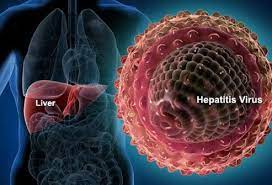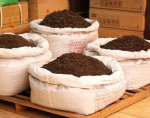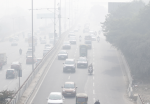
New Delhi: Contaminated food and water are increasing cases of hepatitis in the country, said experts on World Hepatitis Day, on Sunday.
World Hepatitis Day is observed every year on July 28, with this year’s theme being, “It is time for action”.
Viral hepatitis, as the name implies, refers to liver damage or inflammation caused by a viral infection. It is a systemic or generalised infection that primarily affects the liver, with the most common viruses being hepatitis A, B, C and E.
“We see about 4-5 cases of viral hepatitis per week,” Dr Lorance Peter, Director of Gastroenterology & Hepatology at Sakra World Hospital, Bengaluru, told IANS.
The most prevalent form of hepatitis is hepatitis E, closely followed by hepatitis A. While the B and C variants of Hepatitis are not uncommon either, they can be prevented by lifestyle and medication. Hospitalisation is only needed in severe cases which are visible by a high fever and other symptoms.
“The most common type of hepatitis in our country is hepatitis E, followed by hepatitis A. Nowadays, cases of hepatitis B and C are also seen very commonly,” Dr Peter said.
Hepatitis A and E typically result in full recovery without long-term consequences, providing lifelong immunity. In contrast, hepatitis B and C can lead to chronic infections, potentially causing chronic liver disease, liver cirrhosis, and even liver cancer.
“The main modes of transmission for hepatitis A and E are through contaminated water and food, while hepatitis B and C are transmitted via body fluids, infected needles, blood transfusions, unprotected sex, and sometimes from mother to child during delivery,” Dr Subhashish Mazumder, Director & Unit Head of Gastroenterology, Hepatology & Endoscopy at Max Hospital, Vaishali, told IANS.
Management of viral hepatitis typically involves supportive care, including a healthy diet and medications, when necessary.
“Hospitalisation is required only in severe cases, such as high fever, recurrent vomiting, abdominal pain, poor oral intake, or signs of liver failure like unconsciousness,” he added.
Preventive measures for viral hepatitis focus on avoiding contaminated food and water, practising safe sexual behaviours, maintaining proper hand hygiene, vaccinating against hepatitis B, and using disposable syringes and sterilised instruments.
“Vaccination and drug therapy are crucial when needed,” said Dr Mazumder.
IANS



















